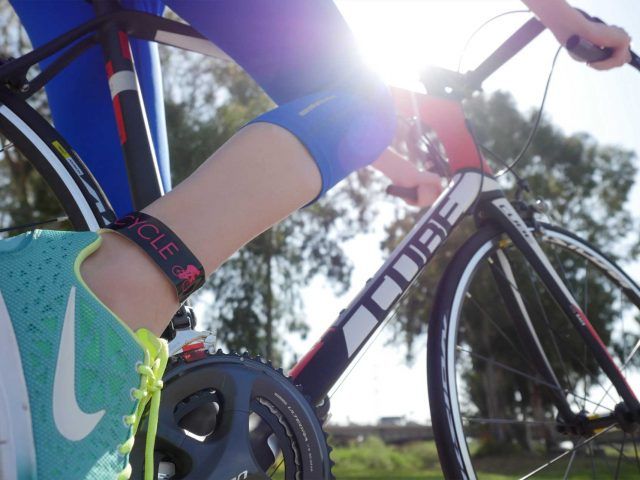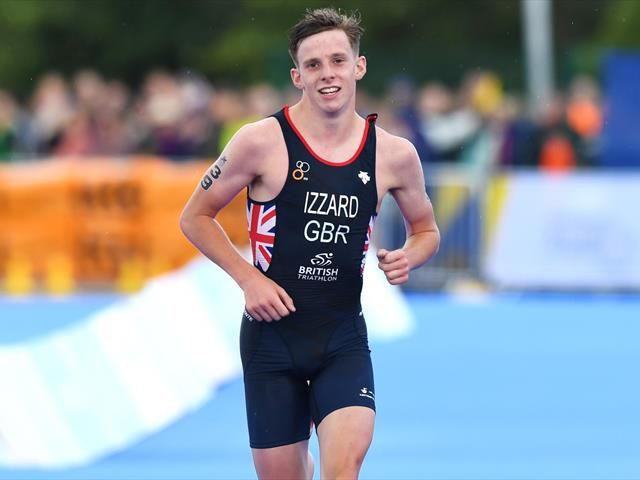So, you’ve decided to take on the challenge of a triathlon? Congratulations! Embarking on this journey is not just about completing a race; it’s about pushing your limits, embracing new experiences, and achieving personal growth. Whether you’re a seasoned athlete looking for a new challenge or a complete novice dipping your toes into the world of triathlons, this beginner’s guide will provide you with everything you need to know to train effectively and conquer your first triathlon.
Understanding the Basics
What is a Triathlon?
A triathlon is a multisport race consisting of three continuous and sequential endurance disciplines. These typically include swimming, cycling, and running, in that order. Triathlons come in various distances, ranging from the shorter sprint distances to the more grueling Ironman distances.
Setting Your Goals
Before diving into your training plan, it’s essential to establish your goals for the triathlon. Are you aiming to simply finish the race, or do you have a specific time or performance target in mind? Having clear goals will help shape your training regimen and keep you motivated throughout the process.
Training Plan Overview
Building Endurance
Endurance is the foundation of triathlon training. Start gradually and focus on building your endurance in each discipline. Incorporate longer workouts into your schedule progressively, allowing your body to adapt and become stronger over time.
Balancing the Disciplines
While it’s tempting to focus solely on your strongest discipline, triathlon success relies on achieving proficiency in all three disciplines. Allocate your training time evenly among swimming, cycling, and running, ensuring that you develop a well-rounded skill set.
Incorporating Brick Workouts
Brick workouts involve combining two or more disciplines into a single training session, simulating the transitions you’ll experience during a triathlon. These workouts are invaluable for improving your overall race performance and getting accustomed to the unique demands of transitioning between disciplines.
Rest and Recovery
Rest is just as crucial as training when it comes to triathlon preparation. Make sure to incorporate rest days into your schedule to allow your body to recover and adapt to the training load. Listen to your body and don’t hesitate to adjust your training intensity or volume if you’re feeling fatigued or experiencing signs of overtraining.
Nutrition and Hydration
Fueling Your Workouts
Proper nutrition is essential for fueling your training sessions and optimizing performance. Prioritize complex carbohydrates for sustained energy, lean proteins for muscle repair and recovery, and healthy fats for overall health and satiety. Experiment with different pre-workout and post-workout meals to find what works best for you.
Hydration Strategies
Staying hydrated is paramount, especially during longer training sessions and on race day. Develop a hydration plan that includes both water and electrolyte-rich fluids to replenish lost fluids and maintain electrolyte balance. Practice your hydration strategy during training to fine-tune it before the race.
Mental Preparation
Visualizing Success
Triathlons can be mentally challenging, requiring focus, determination, and resilience to overcome obstacles. Visualization techniques can help you mentally prepare for the race by picturing yourself crossing the finish line strong and achieving your goals. Use positive affirmations to boost confidence and stay motivated during training and on race day.
Managing Pre-Race Nerves
It’s natural to feel nervous before a triathlon, especially if it’s your first one. Develop pre-race rituals and relaxation techniques to manage pre-race jitters effectively. Trust in your training and preparation, and remember that everyone experiences nerves to some extent.

Race Day Tips
Arrive Early and Be Prepared
On race day, arrive early to familiarize yourself with the transition area, course layout, and race logistics. Double-check your gear and ensure you have everything you need for each discipline, including swim goggles, cycling shoes, and running gear. Having a checklist can help prevent last-minute panic and ensure a smooth race-day experience.
Pace Yourself
It’s easy to get caught up in the excitement of race day and start too fast. Remember to pace yourself, especially during the swim leg, to conserve energy for the remainder of the race. Trust your training and stick to your race plan to avoid burning out prematurely.
Enjoy the Experience
Above all, remember to enjoy the experience of competing in your first triathlon. Take in the scenery, soak up the atmosphere, and celebrate every milestone along the way. Whether you finish first or last, completing a triathlon is an incredible achievement that you’ll remember for a lifetime.
Conclusion
Embarking on your first triathlon is a challenging yet rewarding journey that will push you to new heights both physically and mentally. By following this beginner’s guide and putting in the hard work and dedication, you’ll be well-prepared to tackle the demands of the race and cross the finish line with pride. So lace up your running shoes, hop on your bike, and dive into the pool – the adventure awaits! Visit our website if you need more information or have any beginner’s guide to training for your first triathlon, be sure to visit GuidedTo to learn more.


